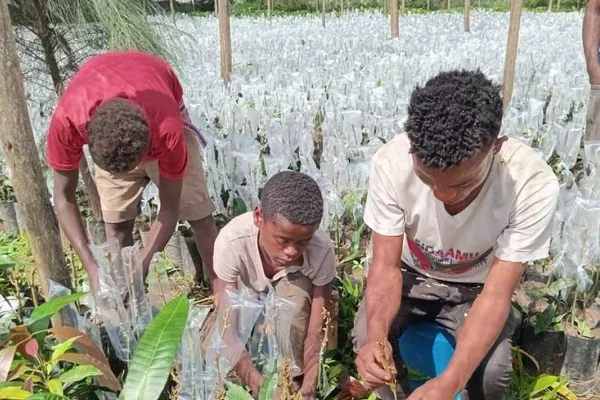The Ethiopian seed sector is transforming into a more vibrant, pluralistic, and market-oriented one. Ethiopian seed companies are increasing their seed production and quality, while Dutch breeding companies are entering the market with high-value vegetable seeds. This is part of a transition supported by the Wageningen Centre for Development Innovation (WCDI).
WCDI works with public and private partners in Ethiopia to develop a private seed sector. The Ethiopia Netherlands Seed Partnership (ENSP) improves the availability and quality of seed on this emerging market. Tens of thousands of farmers are now receiving training and demonstrations on how to improve their harvests.
Resilience, an agribusiness consultancy firm, focuses on supporting ten Ethiopian seed companies in the partnership. These companies have emerged in the past fifteen years, during the liberalization of the agricultural economy. Until then, the Ethiopian government supplied almost all seeds to farmers through public seed enterprises. These parastatals did not properly match their production to the existing demand, which caused shortages of in-demand seeds, carryover of unwanted seeds, and variable quality. As a result, many Ethiopian farmers used part of their harvest to sow a year later and yields were often low. For example, the average potato yield is less than 10 tons per hectare in Ethiopia, compared to 21 tons per hectare worldwide.



No Comment Found.